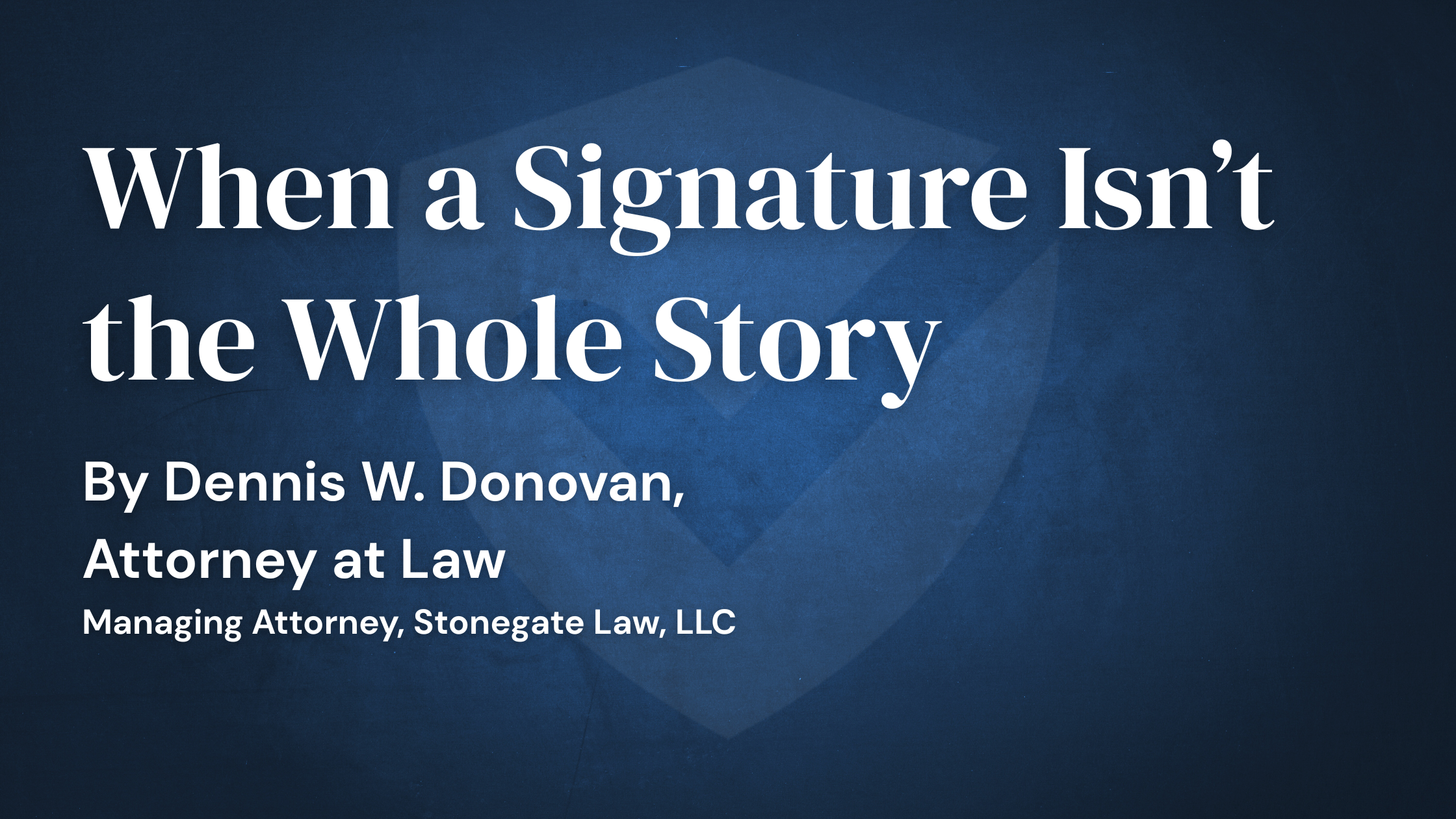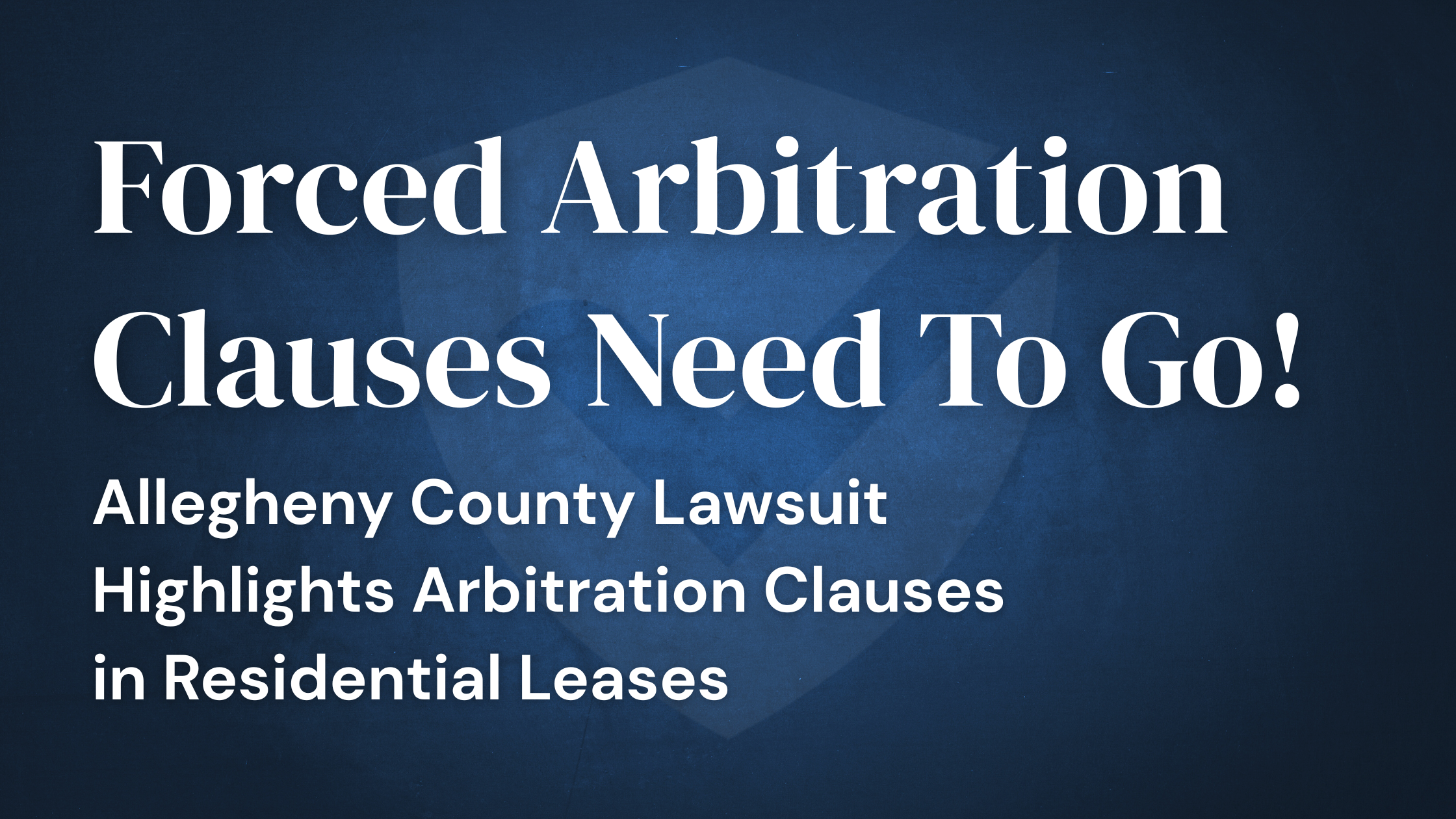By Dennis W. Donovan, Attorney at Law
Managing Attorney, Stonegate Law, LLC
Every week, I hear from consumers who feel trapped, either by a contract they signed, by payments they can no longer afford, or by promises that were never kept. Some are elderly. Some are families. Many are simply working people who trusted what they were told.
What they share in common is this: they are not contacting us because they’re satisfied. They’re reaching out because something went wrong, and they can’t find anyone else to listen.
At the Stonegate Consumer Protection Foundation, our work begins where standard consumer protections often stop. We don’t serve hypothetical victims. We hear directly from people who have been misled, manipulated, or financially harmed by the very agreements they believed would help them. Whether it’s a timeshare that turned into a financial burden or a solar contract that brought more confusion than savings, these are not isolated incidents—they are part of a growing and disturbing pattern.

“But You Signed the Contract.”
This is the refrain many of our clients hear when they first try to raise a complaint. It’s a powerful phrase, simple and final, often delivered with the force of authority.
And yet, on the surface, it’s true. A contract was signed. The rescission period passed. The terms were “disclosed.” Case closed.
If every contract were unassailable, no matter how it was sold, where would we be?
We would be in a world where high-pressure tactics, deceptive sales scripts, and strategic omissions are rewarded, as long as the paperwork is in order. We would be telling consumers that what happens before the signature doesn’t matter—only the ink on the final page does. That’s not contract law. That’s legalized coercion.
We Can Do Better. And We Must.
The law must protect not only the integrity of contracts, but also the integrity of the process by which those contracts are formed. Informed consent is not a checkbox. It is a cornerstone of ethical business practices, and in too many industries, it’s being hollowed out by aggressive sales tactics that exploit confusion, urgency, and misplaced trust.
At Stonegate Law, and through the broader work of this Foundation, we challenge the idea that “legal” always equals “just.” We believe consumers deserve more than fine print—they deserve clarity, fairness, and accountability.
Our Mission
The Stonegate Consumer Protection Foundation exists to empower, educate, and advocate for individuals who have been misled, pressured, or disadvantaged by complex consumer contracts.
We believe that fairness, transparency, and informed consent are essential to ethical commerce.
Through research, outreach, and direct engagement, we identify harmful industry patterns, elevate consumer voices, and promote meaningful reform.
A signature should never silence a valid grievance.
This mission is not theoretical. It is forged in the stories of thousands of real people. Their grievances are not always easy to untangle, and their legal options are sometimes limited, but their voices deserve to be heard.
We are here to shine a light where others won’t, to elevate the conversation, and to remind both the public and the legal community that consumer protection isn’t just a matter of regulation. It’s simply a matter of conscience.
Welcome to the work.



